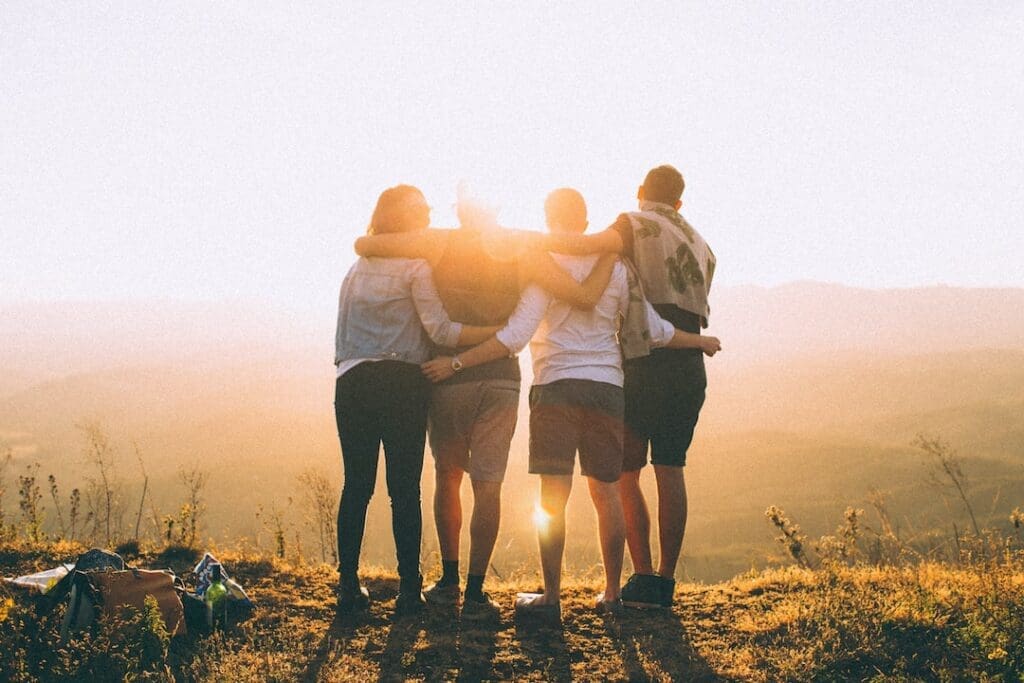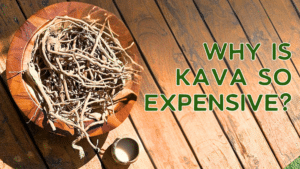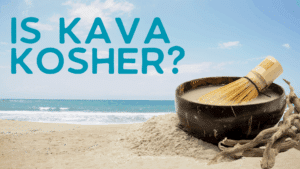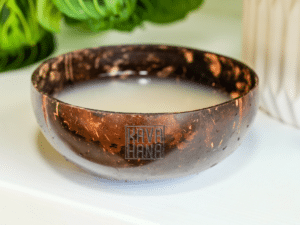For decades, we’ve turned to alcohol as a way to unwind and relax after a busy day. It’s kind of become the norm: happy hour after work, a glass of wine with dinner, even a cold beer after a long hike. But alcohol comes with risks. It can make you drunk if you accidentally drink too much, and it has addiction risks. Kava, on the other hand, has similar effect, but without the side effects.
Kava is emerging as a great alternative to alcohol. It gives the same feelings of relaxation and socialization as alcohol but without the aftereffects. There is a misconception that kava is to the South Pacific what alcohol and coffee are to Western cultures. However, kava works in different ways and doesn’t have the negative effects alcohol does.
Here are some of the ways kava is considered a safer option.
Kava boosts your mood without the emotional dip
Kava acts in your brain to improve your mood and make you more talkative and sociable but maintains your cognitive abilities and thinking skills. Unlike alcohol, you can still hold clear conversations and carry on doing daily functions. It doesn’t impair how your brain works but supports it. And kava doesn’t change how your brain works after long-term use, like alcohol can. However, it can make you drowsy if you drink it in high amounts, so it’s still important to be aware of how much you consume and how it affects you.
Another benefit is that the relaxing, calm, and social feelings from kava remain steady while you drink it. This means you feel the same sensations and don’t trigger certain emotions that sometimes come with using alcohol, including aggression and anger. Kava also doesn’t have the same “downer” effect of alcohol that often leaves your mood low and even feeling depressed after using it. This steady level of emotional sensation is one of the kava’s best qualities.
There’s no hangover
One of the most infamous effects of alcohol is the hangover. After a night of drinking with friends, we are often left feeling groggy and tired, sometimes with a nasty headache or even nausea and vomiting. Hangovers come from dehydration; alcohol is a natural diuretic, which means it naturally promotes water loss. That’s why you have to use the bathroom so often on your nights out. And despite being a depressant, making you feel really tired when you drink, alcohol actually negatively affects your sleep, so you don’t sleep as deeply or restfully as you think.
Kava, on the other hand, doesn’t dehydrate you. The drink is water-based, and while it is also considered a diuretic, it doesn’t create the same amount of water loss as alcohol does. Kava is even known to help promote sleep, so you feel refreshed and rested after you drink it.
It isn’t addictive
Although the body effects of alcohol and kava are similar, they work on the body in different ways. While long-term use of alcohol can change your brain structure, needing more alcohol to get the same feelings, known as building a tolerance, kava doesn’t have that effect.
Kava has a “reverse tolerance” effect. It may take first-time kava drinkers several uses before they start to feel the effects. This is because of how your brain adapts to kava and how it works in your brain. While kava itself is not addictive, its effects can be habit-forming. Users can become attached to the relaxed, calm, and joyful feelings associated with drinking kava. It’s important to maintain a healthy relationship with kava and drink it responsibly.
Now, we want to be clear… We certainly aren’t demonizing alcohol or those who choose to use it. It has a rich history in many countries and cultures when drunk responsibly. In Western cultures, it is certainly seen as a social tool when out with friends and family. But for those looking to reduce the risks that come with alcohol or wanting to avoid the negative effects of drinking it, kava is showing to be an excellent option for something different.
* Please note that the majority of kava research pertains to kava extracts, which often undergo significant processing and may contain additional ingredients and fillers that can influence their efficacy. It is crucial to consider this distinction when reading about kava studies. To draw an analogy, enjoying natural kava as a beverage can be likened to experiencing a freshly brewed cappuccino, whereas kava extracts are akin in functionality to a caffeine pill. Both forms have their unique benefits and can cater to different preferences and needs. While it’s helpful to understand research on kava extracts, please view it critically and remember that natural kava offers a uniquely holistic experience.
Tags: kava vs alcohol, kava kava vs alcohol, is kava safer than alcohol, is kava better than alcohol







